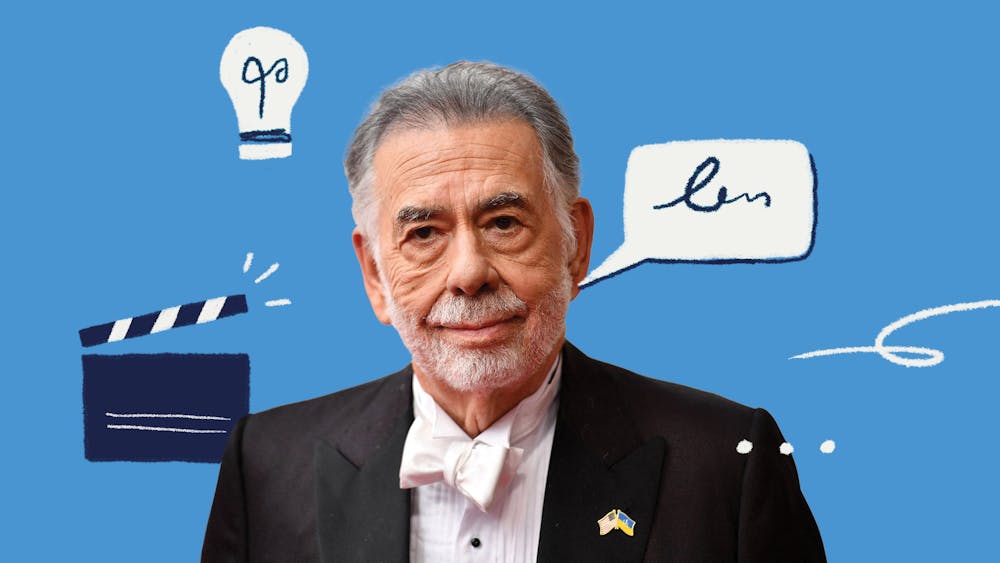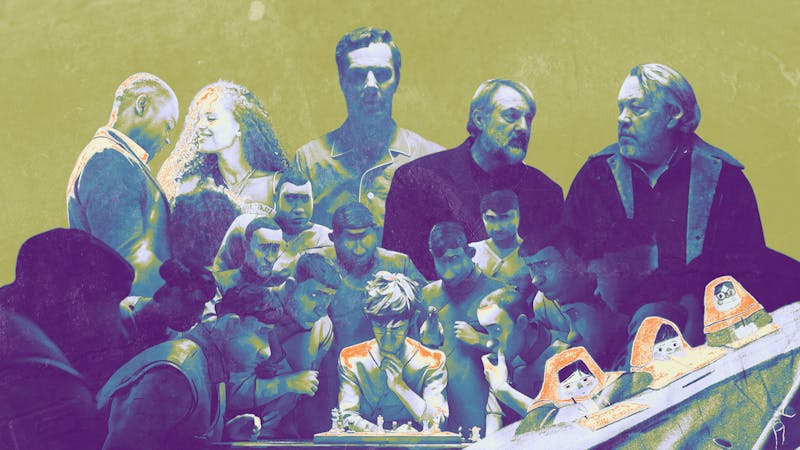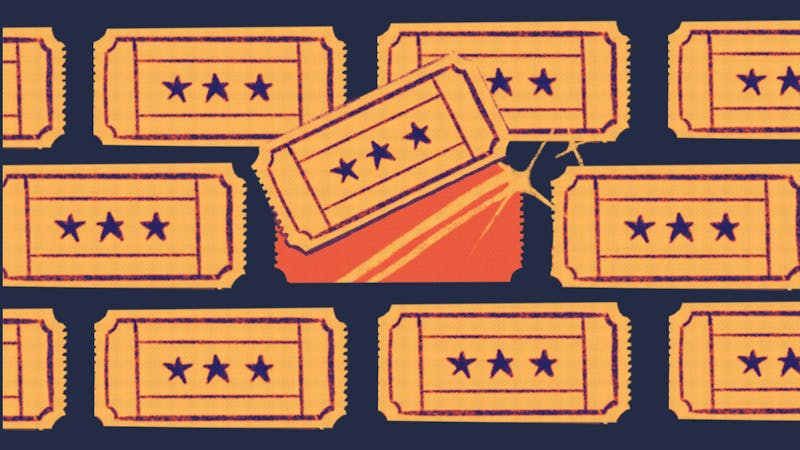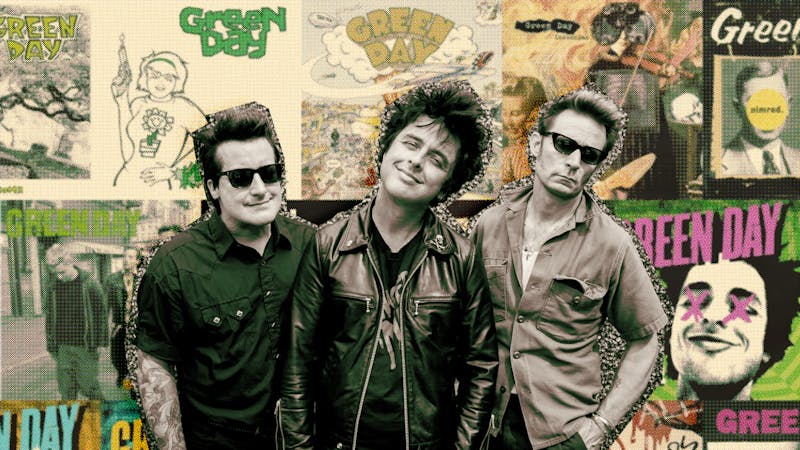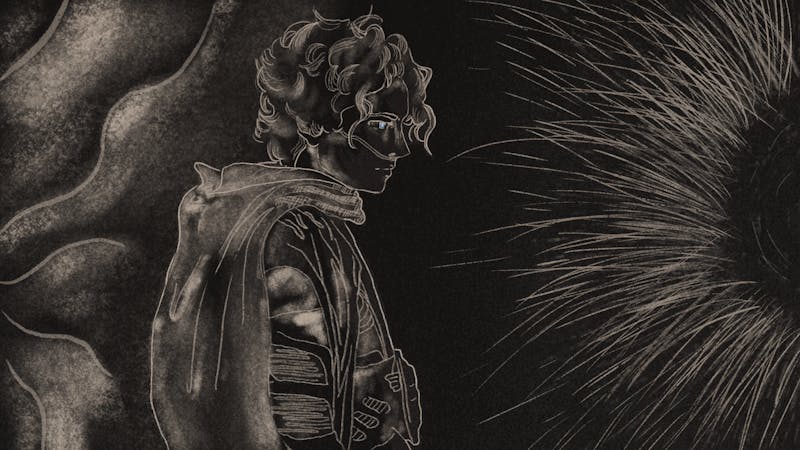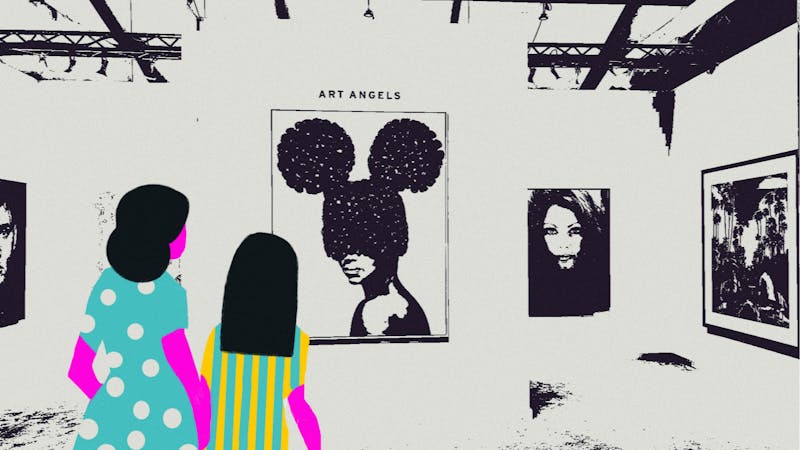Francis Ford Coppola has never been one to play it safe. While some filmmakers are content to grind out a career as a dependable studio–hand, always delivering projects on time and under budget even if that means sacrificing a bit of artistic flair, Coppola has never been one of them. For better or worse, Coppola has rarely, if ever, compromised his inner artist’s vision, which explains how he’s gotten to a place where he was forced to self–finance his dream project titled Megalopolis. In advance of the film’s release sometime this year, I thought it would be a good time to look back at Coppola’s decades–spanning career and all of the highs and lows that have shaped it.
Most people know Francis Ford Coppola as the guy who made The Godfather movies. And for most people, that would be enough of a legacy to last forever. But Francis Ford Coppola’s career cannot be easily categorized or reduced to that.
Coppolla's prolific career emerged from his unique background as part of the first generation of filmmakers to go to film school as well as as a student of the Roger Corman system of young filmmakers. His official debut (if you don’t count his work as a pornographic filmmaker, but that’s a story for another day) was the micro–budget horror film Dementia 13. While nothing special, the film does showcase Coppola’s unique ability to control tone and atmosphere, something that shines through in all of his work.
During the second half of the '60s, Coppola made three movies, each fascinating if not totally successful. Though under–discussed, his films You’re A Big Boy Now (1966) and The Rain People (1969) are representative of the wider New Hollywood movement in which Coppola played a significant role. You’re A Big Boy Now was released a year before Mike Nichols’ The Graduate Both films tackle the aimlessness of the youth generation in the late '60s. Similarly, The Rain People gets at have ideas as seminal New Hollywood films like Easy Rider and Bonnie and Clyde. It also represents Coppola beginning to put together a troupe of actors, like Robert Duvall and James Caan that would follow him onto his greatest successes.
What makes these two films even more interesting is that in between their production, in 1968, Coppola produced an adaptation of a stage musical called Finian’s Rainbow. If You’re A Big Boy Now and The Rain People are Coppola tapping into a cultural movement sweeping across America, Finian’s Rainbow represents everything that the cultural movement is fighting against. It’s long, boring, antiquated, and follows an older Fred Astaire and his leprechaun friend trying to solve racism in the deep South (no, really, that’s what the movie is about).
Following Coppola’s mixed success in the '60s, he went on what some consider to be the greatest run a director has had in the '70s. He made four movies, each nominated for best picture and each considered an all–time classic: The Godfather (1972), The Conversation (1974), The Godfather Part II (1974), and Apocalypse Now (1979). I don’t think there’s much to be said about these four stone–cold classics that hasn’t been said already, but what I will add is that you can clearly see Coppola’s skill at setting mood and tone, which made his first few films interesting, evolve into a mastery that makes these four incredible.
Additionally, it’s important to note that all four of these films were huge creative and financial risks for Coppola, something that will become a bit of a theme going forward. Coppola wasn’t Coppola yet, so many doubted him in taking on the challenge of adapting a beloved novel like The Godfather. Even after it worked, no one thought a sequel would do even better. Or a weird conspiracy thriller starring Gene Hackman. And even after all three of these bets paid off, he still had to nearly bankrupt himself and drive himself mad in the jungle for Apocalypse Now.
There is an element to Coppola’s filmography that suggests he is at his best and most creative when he makes his largest bets with everything to lose. After the roaring success of the '70s, Coppola’s '80s and '90s were certainly less successful, but arguably more interesting. After betting on Apocalypse Now, he did it again on One From the Heart (1981), an immaculately designed musical starring Teri Garr. He follows that up with two adaptations of S.E. Hinton’s work: The Outsiders (1983), in which it seems like every major movie star for the next decade was discovered, and the much quieter Rumble Fish (1983), one of Coppola’s more personal films about his relationship to his brother. None of these were the successes Coppola had hoped they would be, so he then retreated to more comfortable territory with the historical epic The Cotton Club (1984), a good film but one that suffers from comparison with Coppola’s other historical epic, The Godfather.
Peggy Sue Got Married (1986) is interesting in how different it is from a lot of Coppola’s work. It’s a breezy, high–concept comedy that feels closer to something Woody Allen might’ve made around the same time. Gardens of Stone (1987), arguably his most forgotten movie, feels like a postscript to Apocalypse Now and features an incredible performance by James Earl Jones, but it seriously bombed at the box office. Tucker: The Man and His Dream (1988) was a longtime passion project for Coppola, and his views on capitalism and how American industrialism crushed creativity are fascinating, but again largely failed commercially. Coppola’s '80s were littered with fascinating swings and felt like a director trying to break out of the box of prestige they were put in while audiences clamored for an even bigger box.
After this string of box office failures, Coppola’s '90s were characterized by him taking paycheck jobs trying to pay off his debts and rebuild his career. In 1990, he finally agreed to make The Godfather Part III. While it is somewhat unfairly maligned in my opinion, it was no doubt a step down from the first two (although I think it’s a Winona Ryder recast and a Robert Duvall salary settlement away from being a masterpiece). He followed that up with Bram Stoker’s Dracula (1992), a gorgeous, German expressionist–inspired take on the story of Dracula that has developed a bit of a cult following in recent years.
In 1996, he made Robin Williams’s Jack, a demented comedy that honestly makes you feel like you're in a fever dream when you’re watching it. Then, in 1997, he made The Rainmaker, an extremely fun John Grisham adaptation starring a young Matt Damon. For most filmmakers, this would be a success, but for someone like Coppola, it struck a bit below his status. These four paycheck jobs were successful to varying degrees, but at this point, it felt like the Coppola of the '70s was officially gone.
Coppola’s 2000s represented his first foray into arthouse cinema. Youth Without Youth (2007), an adaptation of the Mircia Eliade novel, was incredibly strange and almost felt like something from late–period David Lynch. Tetro (2009) was his first explicitly autobiographical film, dealing again with his relationship with his brother. Twixt (2011) was a horror movie in which Coppola clearly tried to work through the tragic death of his son. These three movies are fascinating in how small and weird they are, but they were also largely forgotten by the public and even by the movie world. These three are masterclasses in developing a late–style out of a combination of artistic courage and financial necessity.
This brings us back to the present, where Francis Ford Coppola hasn’t made a single movie in 13 years and hasn’t made a widely–respected movie in over 40. As we anticipate Megalopolis, a movie he’s been working on and talking about for 40 years, what lessons can we take from his long–stretching, rollercoaster–esque career?
First, Coppola is someone who thrives under pressure and when the stakes are the highest. All of his biggest successes come when he has to put everything on the table, and that’s exactly what Megalopolis is. If it fails, it's doubtful he’ll ever get another chance at a movie of this scale. The second lesson is that while Coppola’s career is sometimes reduced to his miracle run in the '70s, he’s been doing interesting and worthwhile work his entire life. Sure, they may not be as good as The Godfather or Apocalypse Now, but by that standard, nothing is.
Francis Ford Coppola has lived a hundred different lives in the movie business. From the young, brash upstart to the elderly master, he’s done it all. So, in anticipation of what could be his final film, go watch his weirder and more obscure films. Sure, you won’t like all of them, but I promise you that you’ll never be bored. And hey, who knows? Maybe you’ll find something you really like and request membership to the Coppola truther club (meetings are every Thursday from 7–9, Coppola brand wine included, of course).
